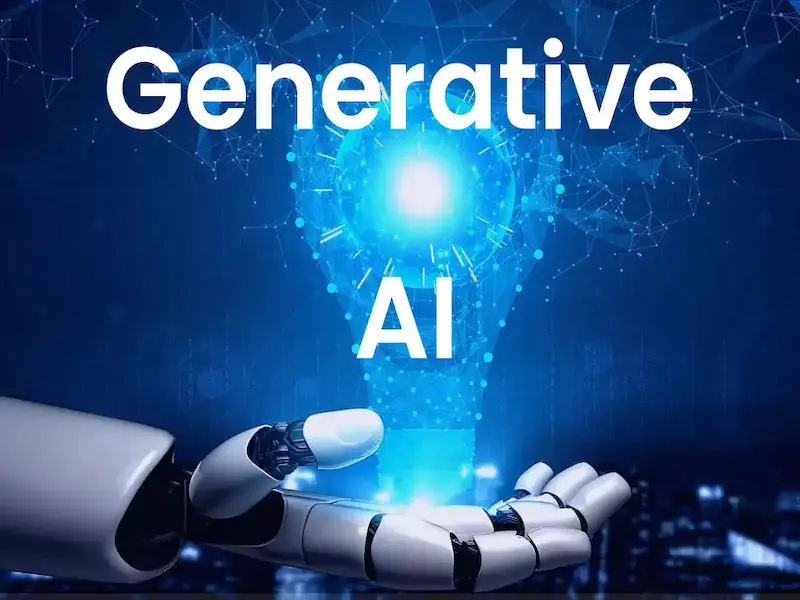- Generative AI can produce new and unique content, ideas, or designs, helping to fuel creativity and drive innovation in various fields.
- By automating the generation of text, images, music, or other media, generative AI can significantly speed up the content creation process, reducing the time and resources needed.
Generative AI is transforming industries by offering the ability to create content, designs, and solutions that were previously unimaginable. This technology leverages machine learning models, such as deep learning networks, to generate new data that mimics the style or structure of the input data. The applications of generative AI are vast, spanning from art and entertainment to product design and scientific research.
Also read: Meta and Spotify CEOs criticise EU regulations on open-source AI
Also read: Copyright in the AI era: CNKI’s challenge to Metaso AI
Key benefits of using generative AI
Pioneering creativity: Generative AI can assist in the creative process by generating art, music, and literature, often in unique and innovative ways. For instance, AI can compose music that blends genres, design visual art that combines various styles, or generate new product designs based on user preferences. This collaboration between human creativity and AI-generated content can lead to groundbreaking work that pushes the boundaries of traditional creativity.
Automating routine tasks: Generative AI can automate repetitive tasks such as drafting text, creating marketing materials, or even generating code. For example, in marketing, AI can generate personalised content for different audience segments, saving time and ensuring that messages resonate more effectively. In software development, generative AI can produce boilerplate code, allowing developers to focus on more complex aspects of their projects.
Customisation and personalisation: One of the standout benefits of generative AI is its ability to create highly personalised experiences. Whether it’s crafting a unique shopping experience for consumers or generating tailored educational content for students, generative AI can adapt to individual needs and preferences, resulting in more engaging and effective interactions.
Enhancing research and development: In scientific research, generative AI can accelerate the discovery process by simulating experiments, generating hypotheses, or even discovering new chemical compounds. This capability is particularly valuable in fields like drug discovery, where AI can generate potential drug candidates faster than traditional methods.
Optimising business processes: Generative AI can also be used to optimise various business processes by generating models, workflows, or strategies that improve efficiency and reduce costs. For example, AI can generate supply chain models that optimise logistics and inventory management, leading to cost savings and improved service levels.
Data augmentation and enhancement: Generative AI can create synthetic data that augments existing datasets, improving machine learning model accuracy and performance. This is particularly useful in situations where real-world data is scarce or difficult to obtain, such as in medical imaging or autonomous driving scenarios.
Generative AI offers substantial benefits across various industries by enhancing creativity, improving efficiency, and enabling personalised experiences. As this technology continues to evolve, its potential to drive innovation and transform processes will only grow, making it an invaluable tool in the modern digital landscape.

